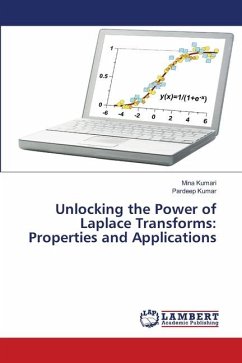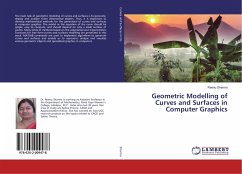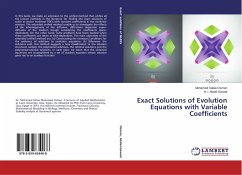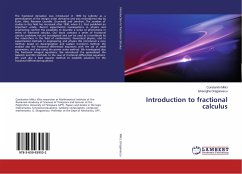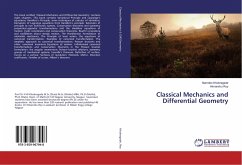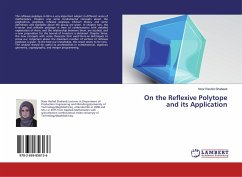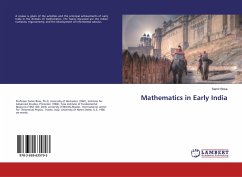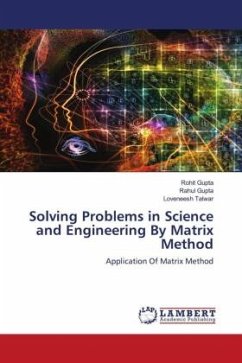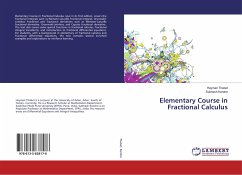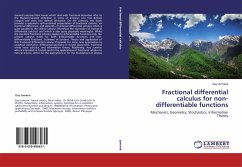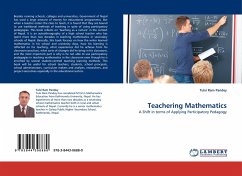
Teachering Mathematics
A Shift in terms of Applying Participatory Pedagogy
Versandkostenfrei!
Versandfertig in 6-10 Tagen
32,99 €
inkl. MwSt.

PAYBACK Punkte
16 °P sammeln!
Besides running schools, colleges and universities, Government of Nepal has used a large amount of money for educational programmes. But when a teacher enters the class to teach, it is found that they are bound to use traditional methods of teaching in spite of using participatory pedagogies. This book reflects on teaching as a culture' in the context of Nepal. It is an autoethnography of a high school teacher who has spent more than two decades in teaching mathematics in secondary schools of Nepal. Basically, this book focuses on how the writer learned mathematics in his school and university...
Besides running schools, colleges and universities, Government of Nepal has used a large amount of money for educational programmes. But when a teacher enters the class to teach, it is found that they are bound to use traditional methods of teaching in spite of using participatory pedagogies. This book reflects on teaching as a culture' in the context of Nepal. It is an autoethnography of a high school teacher who has spent more than two decades in teaching mathematics in secondary schools of Nepal. Basically, this book focuses on how the writer learned mathematics in his school and university days, how his learning is reflected on his teaching, what experiences did he achieve from his classroom practices, what sorts of changes did he bring in his classroom, and the most important part is why is he not able to use participatory pedagogies in teaching mathematics in the classroom even though he is enriched by several student-centred teaching learning methods. This book will be useful for school teachers, students, school principals, school administrators, curriculum makers and analysts, researchers, and project executives especially in the educational sectors.



